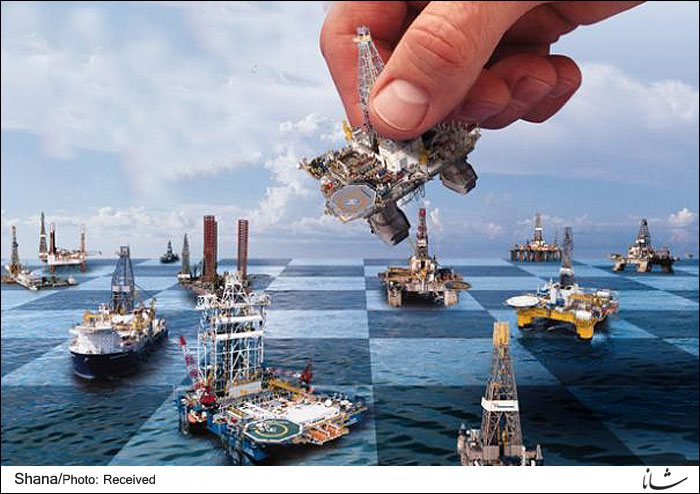Throughout all stages of production, trade and consumption of gas, the trend of changes is slow but based on long-term equations. Gas transaction contracts are long-term and formulas designed for gas pricing are to be used at long-term periods. Gas transmission projects through pipeline or liquefied natural gas (LNG) are also for long-term because of the big volume of investments and economic and financial planning by exporters, buyers and even the countries whose territory is used as transit land.
The impact of oil price fall on gas market can now be analyzed. Clearly, the decline in oil prices does not affect the price of gas cargoes which are currently transferred through pipeline or in the form of LNG. The reason is that the gas price is oil-indexed and is set based on long-term formulas and mechanisms; therefore other developments are not effective as long as the deal is in force. This issue has been taken into consideration in the new gas deals, and sellers and buyers incorporate some sort of flexibility in the deals mainly based on oil price fluctuations. However, these methods apply to one-year or two-year contracts. In this method, the average gas price is set based on a criterion like the oil price. It goes without saying that the price of the day is not the only factor and a group of variables and parameters like investment costs, duration of the contract and even political and security factors and changes in regional and global affairs and bilateral relations are taken into consideration. When the gas price is set for one year the oil prices during that 12-month period are taken into account as a decisive parameter.
First of all, the oil price as the energy index price in the world affects oil investment projects as much as it affects the quantity and quality of projects under study for gas transmission. In fact, when oil prices are low motivation for investment in gas transmission projects is weakened.
Such contracts become effective normally under conditions of balanced prices that would satisfy both sellers and buyers and would be considered as economical (due to high investment costs in gas transmission projects).
Courtesy of Iran Petroleum Monthly


Your Comment